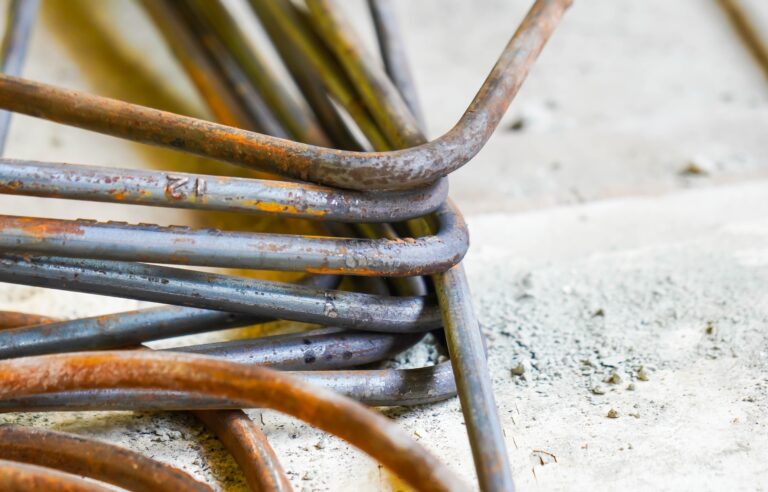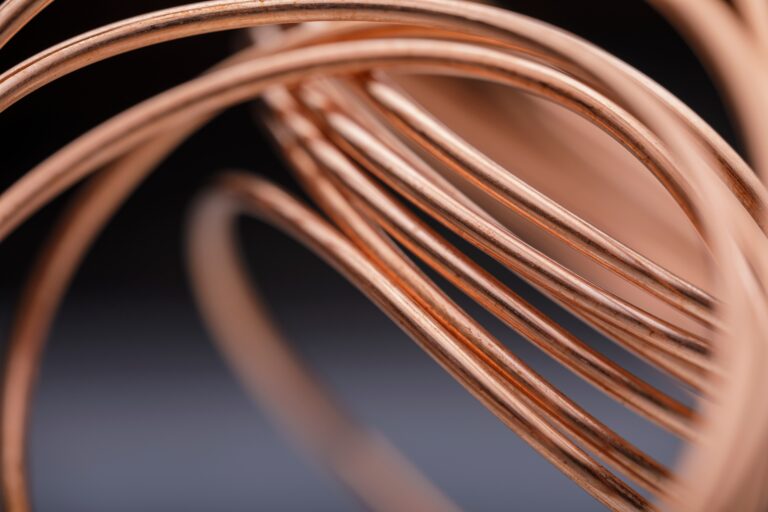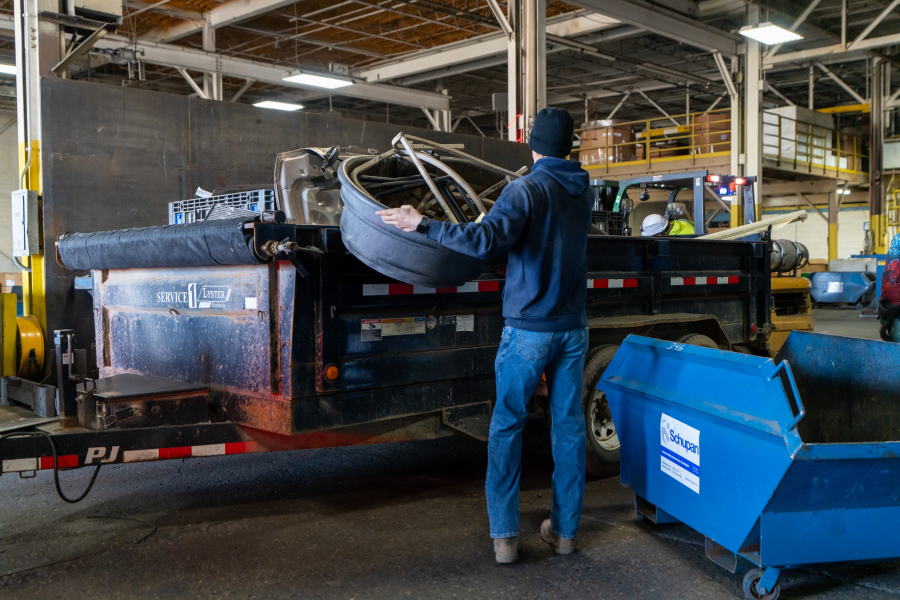You’d be surprised at the unexpected places that valuable scrap metal can be found. Recyclable materials can be found in a variety of sources, including plumbing fixtures, musical instruments, household items, and even old cars, among others. It’s also commonly found as an unusable byproduct of industrial applications, where shredded scrap can earn operators a lucrative payout.
But, beyond the financial benefits of recycling scrap metal, your efforts are a great way to conserve our planet’s raw materials, preserve its dwindling supply of natural resources, and promote a healthier environment.
Different Types of Scrap Metal
When discussing the types of scrap metal, we primarily refer to two categories: ferrous metals and non-ferrous metals.

Ferrous Metals
Ferrous metal is any metal that has iron as its main ingredient. As a result, most ferrous metals are magnetic, prone to rusting, and – of course – highly recyclable. Every day, the United States processes enough iron and steel to build 25 Eiffel Towers. Examples of ferrous metals include:
Cast iron
Stainless steel
Tool steel
Wrought iron

Non-Ferrous Metals
Unsurprisingly, non-ferrous metal is any metal that does not contain iron or contains iron only in trace amounts. These metals are lightweight, corrosion-resistant, non-magnetic, and conductive. Examples of non-ferrous metals include:
Aluminum
Copper
Lead
Gold
Common Sources of Scrap Metal Recycling
As recycling becomes increasingly important, individuals and companies are searching for ways to boost their scrap recycling efforts. Being able to avoid hazardous materials and identify metal that scrap yards will accept is a surefire way to guarantee higher payouts. Examples of common sources of valuable scrap metal include:
Construction materials: copper tubing, iron railings, and plumbing pipes.
E-waste: broken electronics, laptop batteries, and old computers.
Household goods: cast iron pots, decorative items, and kitchen appliances.
Industrial scrap: Obsolete machinery, unused materials, and metal filings.
Retail decor: worn-out furniture, outdated displays, and shelving solutions.
Questions About Recycling Scrap Metal?
At Schupan, we’re working to build the future of a circular economy. We offer solutions to aid in the conservation of energy, the lowering of greenhouse gases, and a reduction of landfill waste. For decades, we’ve worked with industrial manufacturers to manage their scrap metal recycling programs.
We also have a number of drive-thru recycling centers that accept both household and industrial scrap metal. In every way, we strive to be environmentally responsible and, more importantly, to help our customers reap the environmental and economic benefits of recycling.

